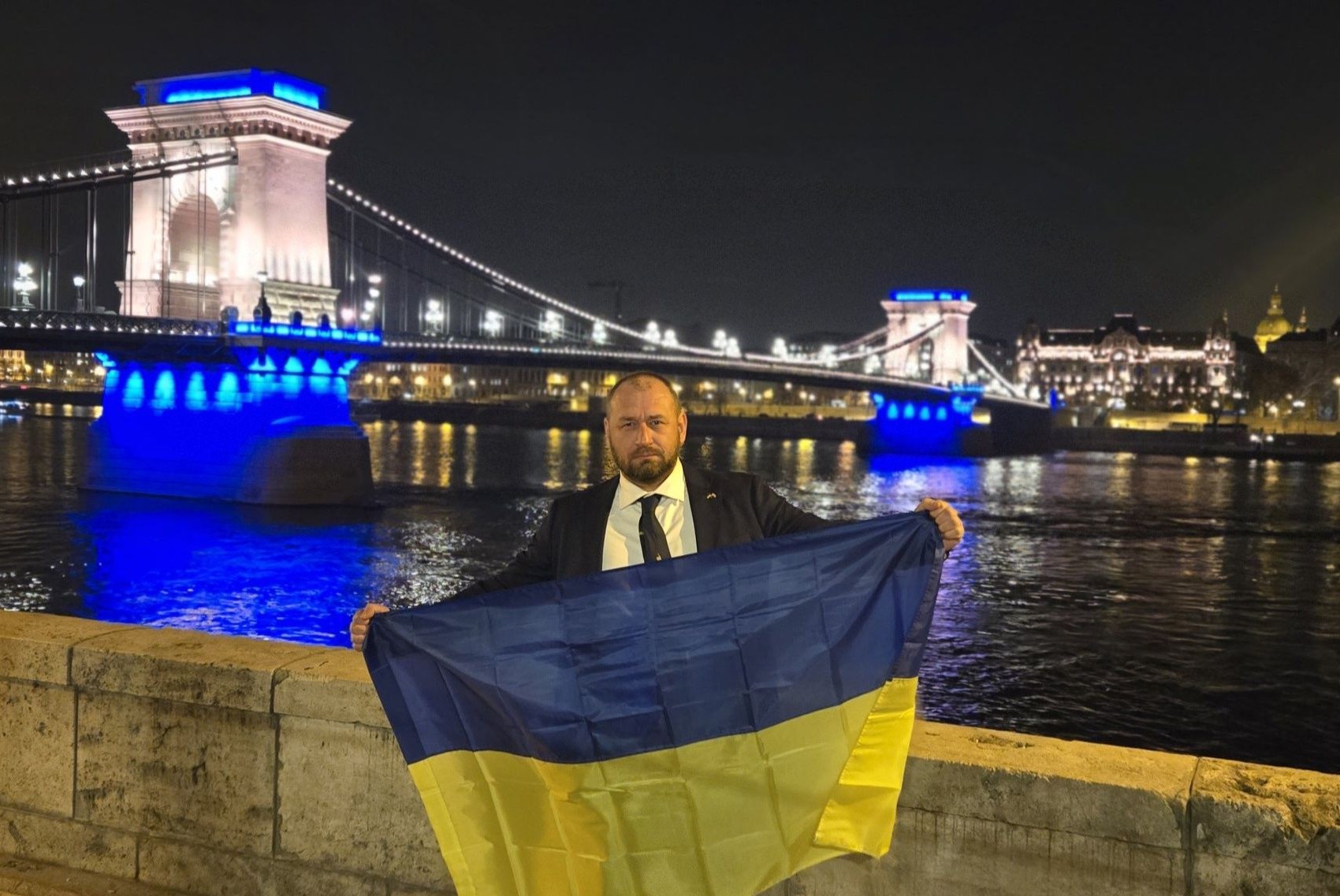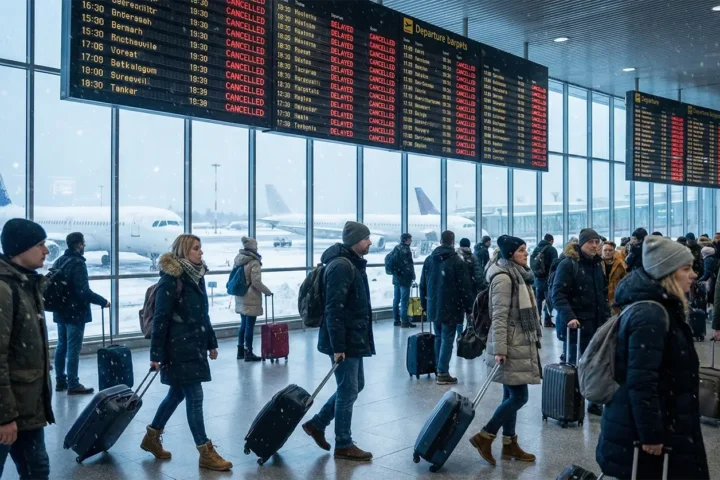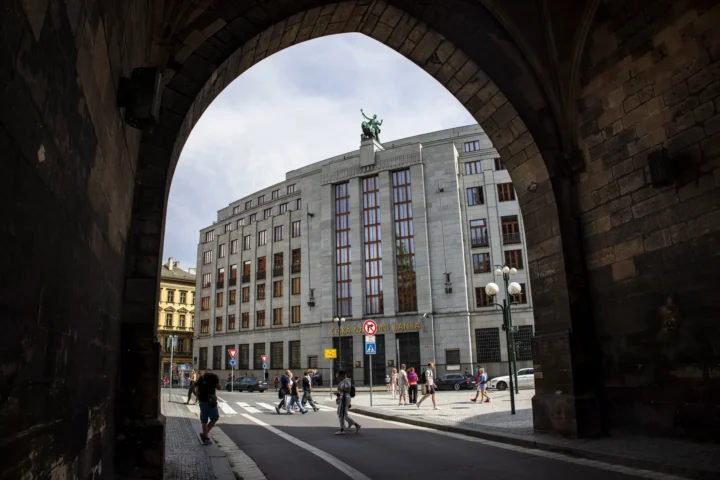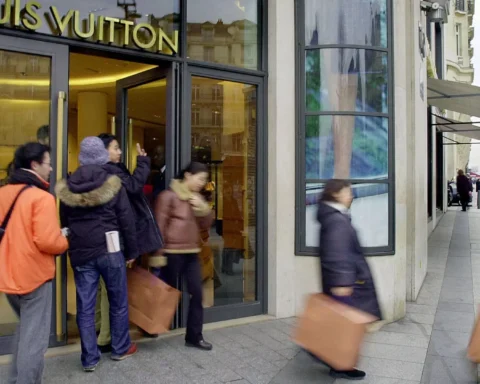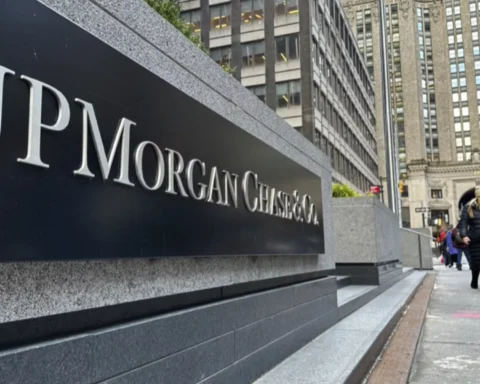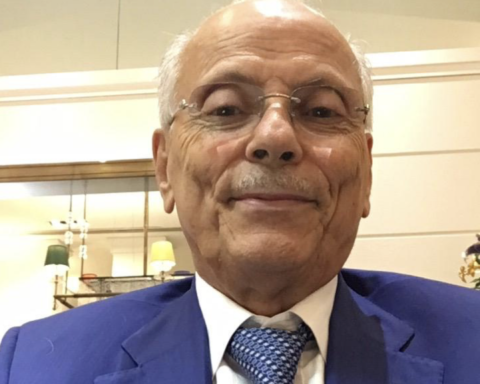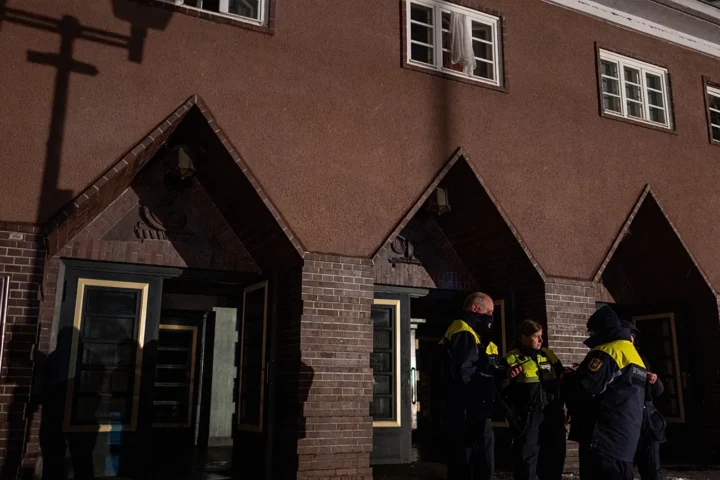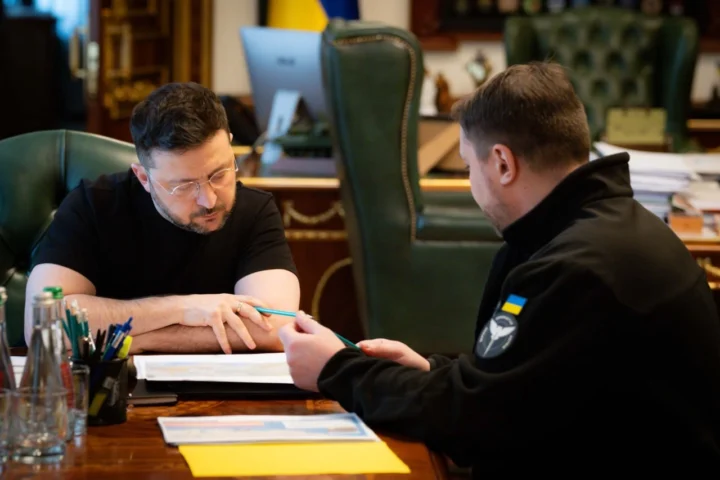Hungary’s capital, Budapest, is increasingly positioning itself as a strategic diplomatic bridge in the search for a negotiated settlement to the war in Ukraine. While major Western capitals continue to prioritize military assistance to Kyiv and maintain sanctions pressure on Moscow, Budapest has charted an alternative path—one focused on dialogue, diplomacy, and the controversial belief that no conflict is resolved on the battlefield alone.
Under the leadership of Prime Minister Viktor Orbán, Hungary has leveraged its unique geopolitical position, historic ties to both East and West, and EU membership to offer itself as a neutral platform for potential peace talks. The Hungarian government argues that ignoring diplomatic channels in favor of prolonged military escalation risks dragging Europe into deeper instability for generations.
A Controversial Mediator
Unlike other EU states, Hungary has maintained open communication with both Russia and Ukraine, preserving diplomatic channels that many Western nations severed after the invasion began in February 2022. Budapest has repeatedly called for an immediate ceasefire followed by peace negotiations, a message Orbán reiterated during recent visits to Kyiv, Moscow, and Beijing—moves that stunned European allies.
Hungary’s stance has sparked fierce criticism within the European Union and NATO, where member states accuse Orbán of undermining Western unity. Yet Hungary insists its approach is not pro-Russian, but pro-peace.
“We do not support Russia, nor do we want Ukraine to lose its sovereignty,” said Hungarian Foreign Minister Péter Szijjártó. “But we refuse to participate in a war we believe cannot be won through military means alone. Peace will come from negotiation, not destruction.”
Budapest’s Diplomatic Strategy
Hungary’s diplomatic efforts revolve around three key pillars:
| Pillar | Strategy |
|---|---|
| Open Channels | Maintain dialogue with both Moscow and Kyiv |
| Neutral Mediation | Offer Budapest as a platform for negotiations |
| International Coalition | Rally countries outside Western blocs supportive of peace talks |
Budapest has also aligned its diplomatic strategy with nations calling for peaceful resolution, including Turkey, China, Brazil, and South Africa. These countries, while not formally mediators, share skepticism over the effectiveness of continued military escalation.
Why Hungary Believes Peace Talks Are Urgent
Hungary shares a 1,300-kilometer border with Ukraine and a long, complex history with Eastern Europe. The Hungarian government has repeatedly expressed concern about the war’s economic, social, and humanitarian fallout across the region.
Key Hungarian Concerns:
- Refugee Pressure: Over 2 million Ukrainians have crossed into Hungary since 2022.
- Energy Security: Hungary relies on Russian gas and oil and fears economic collapse without energy stability.
- Transcarpathian Hungarians: A sizable Hungarian minority lives in western Ukraine, and Budapest fears for their security if the war escalates.
- European Stability: Hungary argues that prolonging war increases risk of escalation between NATO and Russia.
A Splintering Europe?
Hungary’s position has deepened ideological divides within the EU. Brussels insists that peace can only follow a complete Russian withdrawal from Ukrainian territory. Hungary counters that such conditions are unrealistic and ignore battlefield realities.
| EU Majority View | Hungarian View |
|---|---|
| Russia must first withdraw | Ceasefire must come first |
| Increased arms for Ukraine | Immediate negotiations |
| Sanctions pressure on Russia | Sanctions harm Europe |
| NATO deterrence | European security autonomy |
Analysts warn that internal EU divisions could grow if the conflict becomes prolonged and European economies continue to suffer under energy volatility and military spending pressure.
The Budapest Peace Proposal
While Hungary has not released a formal peace plan, diplomatic sources suggest Budapest promotes a three-phase roadmap:
- Immediate ceasefire along current frontlines monitored by international observers.
- Humanitarian corridors and prisoner exchanges to build confidence.
- Peace summit in Budapest, inviting Ukraine, Russia, the EU, the U.S., and neutral states.
Supporters argue this framework could prevent further casualties and open space for diplomacy. Critics dismiss it as capitulation to Moscow.
The Slow Return of Realpolitik
Budapest’s strategy signals a broader shift in global diplomacy. Major non-Western powers are increasingly advocating negotiated settlements to avoid a drawn-out proxy conflict. Hungary—despite its size—may be positioned to capitalize on this geopolitical realignment.
In a recent interview, Orbán stated:
“Someone has to talk to both sides. Peace will not come from silence. That is why Hungary speaks when others do not.”
Can Budapest Really Be a Bridge?
Whether Hungary can truly emerge as a bridge to peace depends on several challenges:
- Gaining trust from Ukraine and Western allies
- Avoiding accusations of bias toward Moscow
- Building an international coalition for negotiations
- Ensuring Europe’s security is not jeopardized in the process
Yet Hungary’s position resonates with growing war fatigue across Europe and among global south nations who see Western diplomacy as inflexible.
Conclusion
Budapest’s bid to act as a peace broker in the Ukraine conflict may be controversial, but it is increasingly impossible to ignore. While Western powers remain wary of negotiating with Russia, the political and humanitarian costs of the war are mounting. As calls for diplomacy grow louder, Budapest may yet emerge as a crucial bridge—if not to end the war, then to open the door to dialogue.
